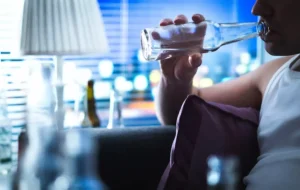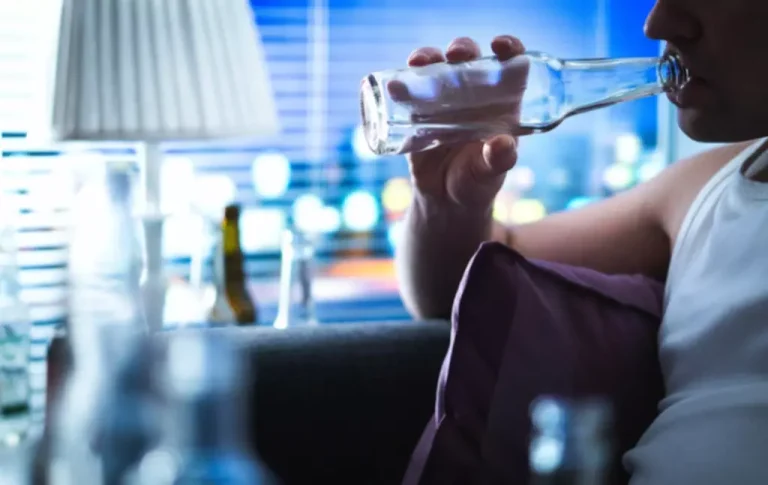
A hangover refers to a set of symptoms that occur as a consequence of drinking too much. People prone to migraines tend to have more problems with hangovers. Conversely, there are many medications that interfere with the breakdown of alcohol and acetaldehyde, worsening the consequences of drinking.
Congeners

They include body weight, sex, alcohol type, and a person’s drinking speed. Hangovers after a single night’s drinking go away on their own. Talk with your healthcare professional if you’re concerned drug addiction treatment that frequent heavy drinking may lead to serious problems, such as alcohol withdrawal. Your blood-alcohol concentration (BAC) measures how much is in your blood. Hangover symptoms are at their worst when that level returns to zero and usually last about 24 hours. The fact that we feel worse after the alcohol has left our bodies has long been a mystery to researchers.

How little is enough to make an impact the next day?
- Drinking and smoking at the same time increase the severity of a hangover.
- This is what an NHS GP wants you to know about how long hangovers last, and the biggest contributors to the worst symptoms.
- How long your symptoms last can also depend on your body’s ability to metabolize alcohol, considering factors like weight, gender, medications, and the amount of food in your stomach.
- Get professional help from an online addiction and mental health counselor from BetterHelp.
- This, however, has also never been proven in a study of hangover severity.
Some people may have a hangover from just one alcoholic drink, while others can drink excessively and not get a hangover. One of the easiest and most effective ways to treat a hangover is to hydrate with water or an electrolyte drink. For best results, you will want to hydrate before you start drinking, while you’re drinking and afterwards. “Much of it is likely due to the way our bodies change in size and shape as we age. For example, as we get older we tend to lose muscle mass and replace it with fatty tissue.
How much alcohol can you drink without risking a hangover?
- Each person consuming alcohol can have risk factors that make them more susceptible to getting a hangover.
- Alcohol poisoning is a serious result of drinking too much too quickly.
- These symptoms include flushing, sweating, and an increased heartbeat.
- But if you do drink, here are simple tips to help prevent and relieve the misery.
- By helping you work through your mental health and addiction struggles, we will empower you to regain control of your life.
It will give your body more time to digest the alcohol, reducing hangover symptoms. Most hangover symptoms disappear independently after your blood alcohol concentration (BAC) drops significantly. However, it’s not unusual for the https://ecosoberhouse.com/ symptoms to last up to 24 hours. Evidence from the Boston University School of Public Health would suggest, largely, you can avoid a hangover if you only have one or two drinks. This is unlikely to elevate your blood alcohol content to a level where it would come back down substantially, so giving you the symptoms of a hangover.

The following are some questions people frequently ask about hangovers. Hangovers tend to go away on their own, even if you don’t do anything. As your body readjusts to the lack of alcohol, you start to feel better. The more dehydrated you are, the worse you’ll feel, and longer. It may last longer how long does a hangover last or shorter, depending on your unique biology and how much you’ve had to drink.
